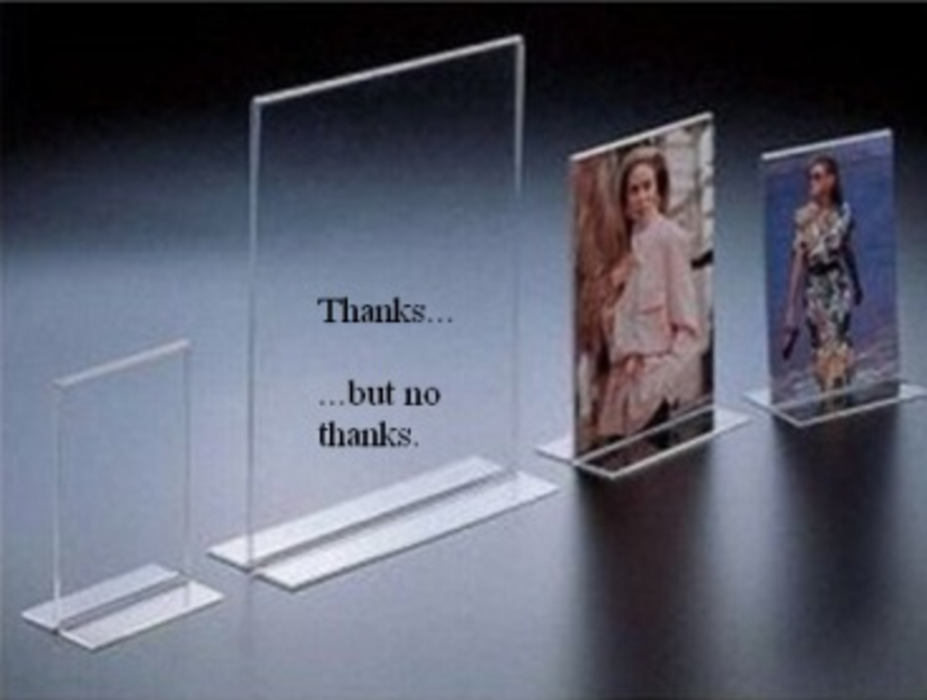It’s the corporate equivalent of the Christmas fruitcake, a pair of socks, that bowling shirt from your grandma even though you don’t bowl. I’m talking about lame corporate gifts; the branded desk clocks, pens, and jelly-filled, inedible chocolates of the world.
Yes, it’s the thought that counts when it comes to gifting…but what if the thought was, well, better and personalized?
“Gift-giving has gotten so rote and formulaic that it’s just about recognizing the gesture,” says John Poisson, CEO of Wantful, a gift-giving service that allows individuals—and now corporate entities—to create customized printed “gift books” that give recipients the ability to choose their gift.
Basically, consumers visit the Wantful site and choose 16 products from a huge range of classy items—everything from fancy perfume and skincare products to boutique wines and certified organic cotton chambray napkins. The books are sent out wrapped in Japanese rice paper and packaged in thick embossed envelopes. Recipients get to flip through the catalog—almost a coffee table book itself—and choose the item they most want to receive, thus ensuring people get something they actually want.
In fact, Poisson says that in the history of Wantful—the company was founded in 2011—it’s had less than half a dozen returns. Take that, branded corporate desk calendars.
“What makes any gift interesting is if it’s personal, thoughtful, and meaningful,” Poisson says. “This isn’t the cookie-cutter approach where everyone gets the same object—it’s like walking into a store that was created just for you and being told it’s OK to take an item off the shelf and walk away with it.”
“Lame” and “blah” are not words a brand wants associated with itself—so why all the corporate tsotchkes out there?
According to Poisson, it’s about channeling the gift-giving inclination—the “you’re my big client, so here’s a fruit basket sentiment”—so that what could be a boring or unwanted gift is transformed into a marketing opportunity that keeps a brand top-of-mind.
For example, at the last startup Poisson worked with, his group received a box of chocolate from its insurance provider.
“Low-grade chocolate doesn’t make me feel good about our business relationship; the thought and the gesture is there, but it was wasted dollars because I didn’t want to eat it and neither did anyone on my team,” Poisson says. “Who wants their holiday gift to be the food of last resort in the office pantry?”
A missed opportunity for the insurance company, Poisson says.
“We’ve told ourselves it’s OK to give crappy gifts, but really it isn’t—corporate gifts don’t have to feel corporate,” he says. “People have every intention of doing better; they just need to put their dollars to good use to create something that has some meaningful value.”
(P.S., for anyone who might care, I’d like this please.)








